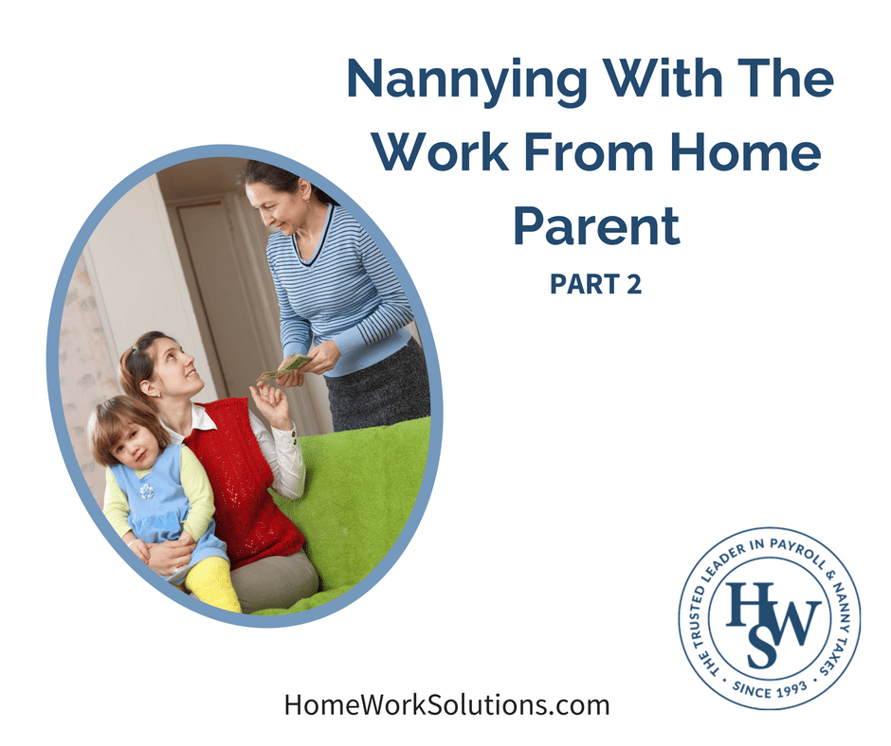
Now that there have been boundaries and ground rules established, the nanny and the work at home parent will need to talk about how to handle conflict/discipline as well as work on a schedule/routine that can be followed on a daily basis.
How to handle conflict:
When looking to hire a nanny, having a discussion about discipline philosophies and methods is necessary. Common areas of conflict are often discussed during the interview process, but if it’s not, this could cause issues between the nanny and work at home parent. Having regular, ongoing communication will help both parties discuss their ideas and preferences, but there will need to be a clear understanding of what the parent’s wishes ultimately are. A great way to keep the communication line open is by having an open dialogue type of meeting every month or every other week. This could be a safe place to discuss how things are going, what expectations parents have for in-home policies or specific rules in the house that may be changing, and it will also give the nanny the space to ask questions or share any difficulties/successes she has had in recent days with the children.
Avoid micromanagement:
There are very few instances where your way is the only way, and often it is a matter of style, not substance. A nanny, particularly an experience nanny, will have a difficult time dealing w ith a micromanaging parent. You hired the nanny because of her experience. Consider what is truly important and let the little stuff go. Observe, most experienced nannies have a few tricks up their sleeve that the first time parent can learn from. Yes, you set the ground rules such as discipline style and no napping after x time. Beyond that let the nanny organize her day with your child. They will establish their own rhythm. Children learn very early that mommy does things differently than daddy, and that nanny does things differently than both of them.
Figuring out a routine:
Typically, nannies will outline a schedule of activities for the children that they’re watching every day. This could include a list of when meal times are, what time naps are, and what type of activities will take place every week. Having a set routine helps children tremendously, as they will quickly learn what to expect and when. This schedule should be discussed with the parents beforehand, however, as the parent will likely know what schedule the children are usually used to following. The nanny should be able to accommodate the work at home parent a bit, as well. So if it means that the parent will be able to step out and eat lunch with the family every day, the nanny should adjust the schedule accordingly. If there are scheduled conference calls or meetings that the work at home parent needs to be involved in, the house may need to be kept quiet, which means the nanny will need to adjust and find a quiet activity inside or find a place that she can take the child out to do.
Work environment v. child environment:
The work at home parent will likely have times when they need quiet. This may be to work on a project or to participate in collaborative calls with colleagues and clients. The child and nanny on the other hand will be operating at a totally different level, where music, game playing and other childhood play will create noise the parent may find disruptive. Ideally the home office is separated from the play area in such a way that the activities of one do not disrupt the other. Sometimes this isn't the case, and clear lines of communication need to remain open between the nanny and work at home parent. The bottom line is that children can be noisy, and it should be the work at home parent's responsibility to accommodate (go to a coffee shop or the library to reduce distractions for example, or schedule work activities requiring quiet during nap times) and not an imposition on the nanny to try and keep to quiet only activities.
The most important thing to remember that some of the most important factors in creating a successful working relationship with a nanny and work at home parent are having mutual respect for each other’s jobs and keeping the lines of communication open at all times. If this happens, the nanny, the work at home parent, and the children can thrive.
